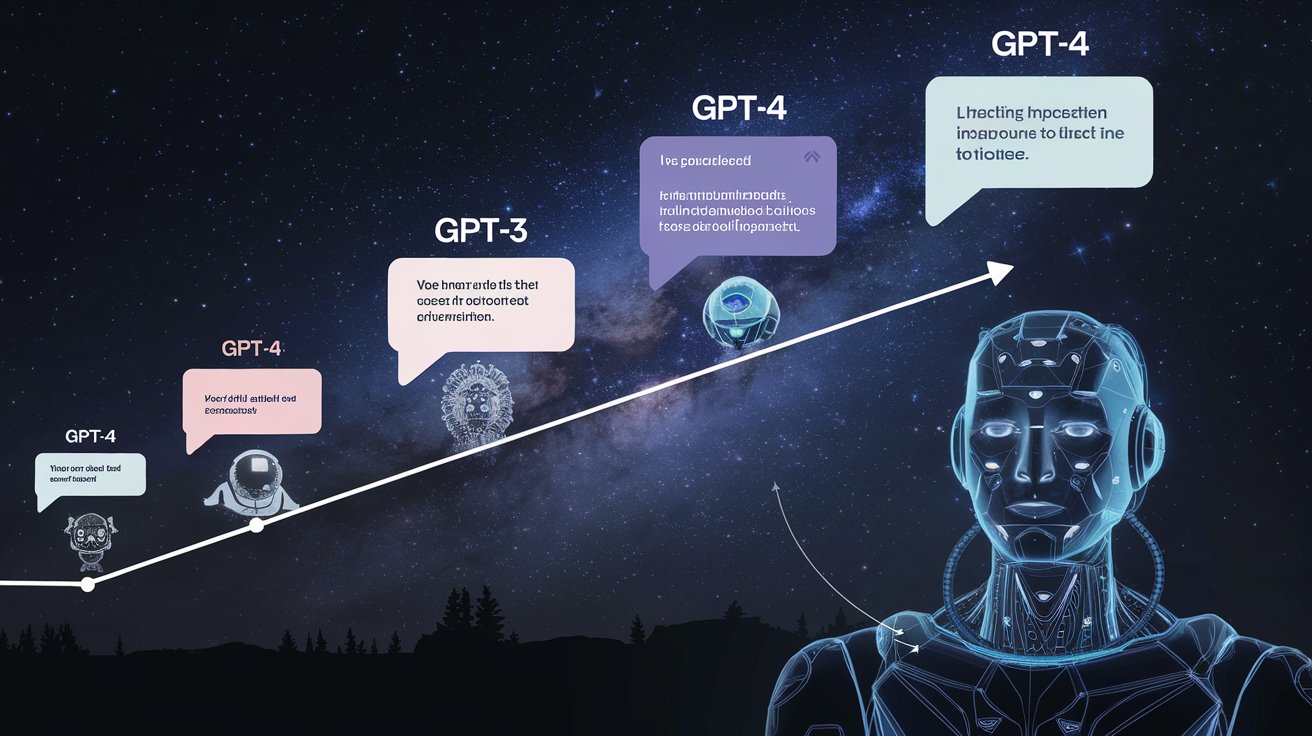Introduction to OpenAI’s Orion: A New Chapter with Less Growth?
OpenAI is reportedly developing Orion, its latest AI model. However, Orion may not bring the groundbreaking advancements seen in prior models like GPT-3 and GPT-4. Initial tests suggest that while Orion shows some improvements, they aren’t as substantial as past model upgrades, hinting at a potential slowdown in AI progress. This trend highlights emerging challenges for AI developers as they face limited training data.
Orion’s Performance: Incremental Gains Over GPT-4

Reports indicate that Orion’s performance in certain tasks, such as coding, does not consistently surpass GPT-4. This slower pace of improvement raises concerns about whether OpenAI can continue to push AI boundaries. Some observers feel this stagnation may reflect a broader issue within the AI field, as other tech giants face similar hurdles in achieving significant advancements.
OpenAI’s Strategy to Address Training Data Shortage
OpenAI has formed a “foundations team” to tackle the dwindling supply of new, high-quality training data, which is essential for enhancing AI capabilities. With most readily available data already used in prior models, OpenAI plans to rely on synthetic data generated by existing AI models. This approach could introduce unique challenges, as synthetic data may lack the diversity and depth of real-world datasets.
Challenges and Implications for the AI Industry
The gradual progress with Orion is not an isolated case; competitors like Google and Anthropic are also struggling to maintain rapid advancements in AI technology. OpenAI’s reliance on synthetic data, as well as a shift towards improving model efficiency in post-training processes, reflects a broader industry shift. As companies hit a plateau in traditional training techniques, the focus now turns to creative problem-solving and optimizing existing capabilities.
Looking Ahead: Can OpenAI Drive AI Innovation Despite Limitations?
Despite these challenges, OpenAI CEO Sam Altman remains optimistic, suggesting that the path to artificial general intelligence (AGI) may involve innovative applications of current technologies rather than constant leaps in model power. The company’s new “reasoning” model, known as o1, might offer fresh opportunities for scaling AI abilities. While industry-wide hurdles are evident, the AI field may now see more efforts to integrate reasoning and agent-like behaviors rather than solely focusing on model size and power.
Conclusion
The development of Orion and its challenges underscore the complexity of AI evolution as the field matures. With a growing reliance on synthetic data and post-training enhancements, OpenAI and its peers are navigating uncharted waters in AI research. As advancements slow, industry leaders may need to reconsider the strategies that once drove rapid AI progress. Also read: https://techcrunch.com/2024/11/09/openai-reportedly-developing-new-strategies-to-deal-with-ai-improvement-slowdown/











 By
By










